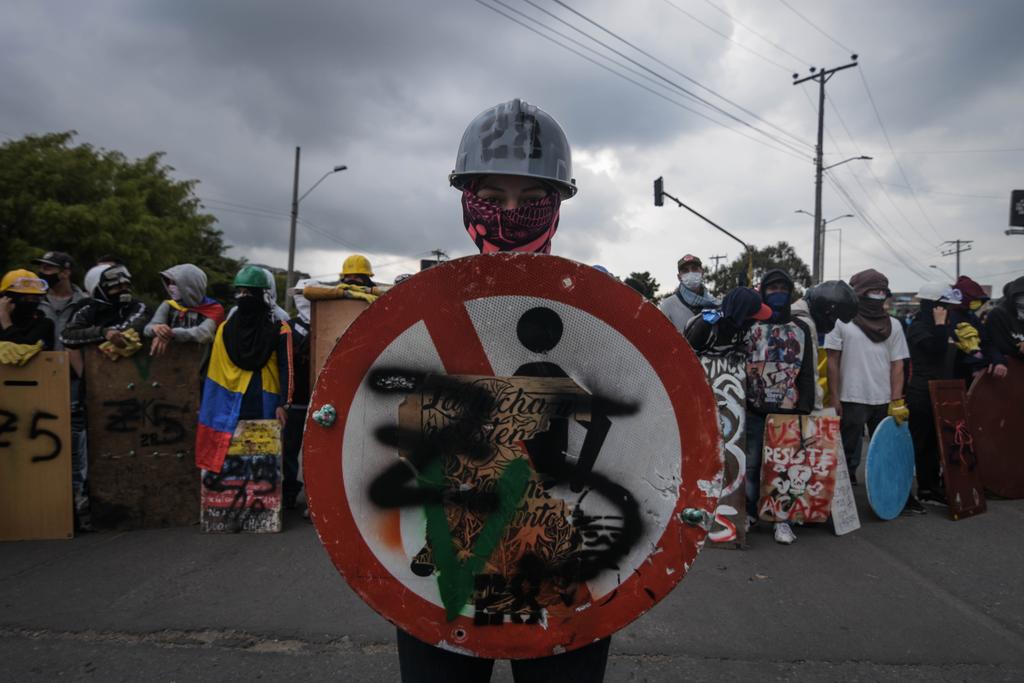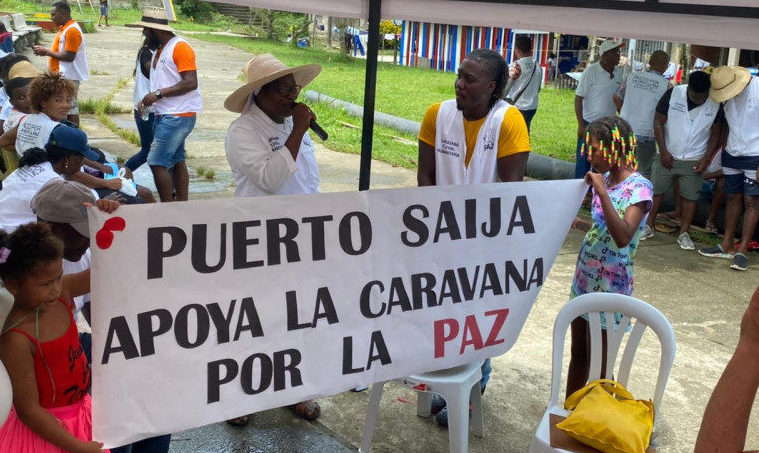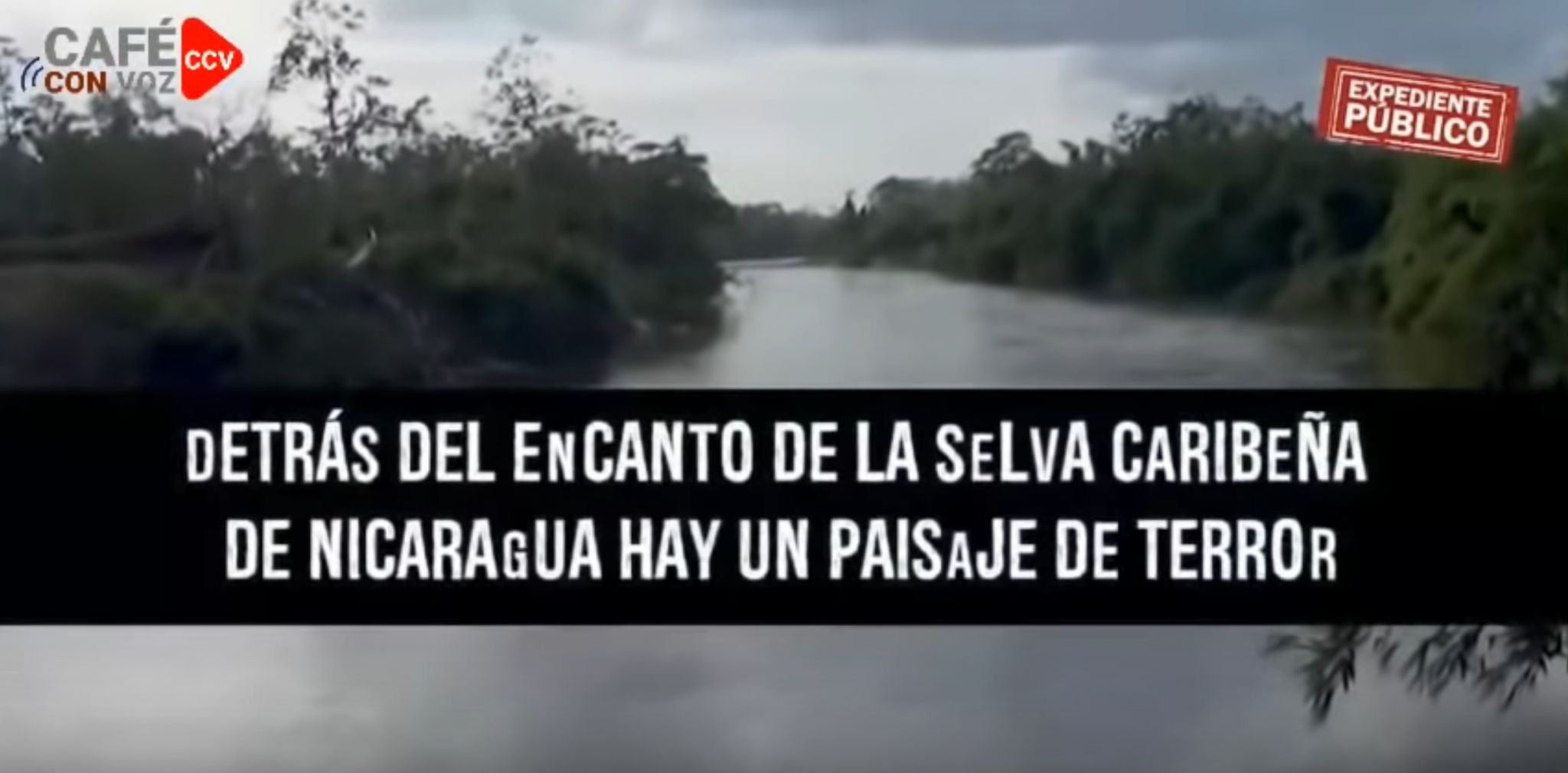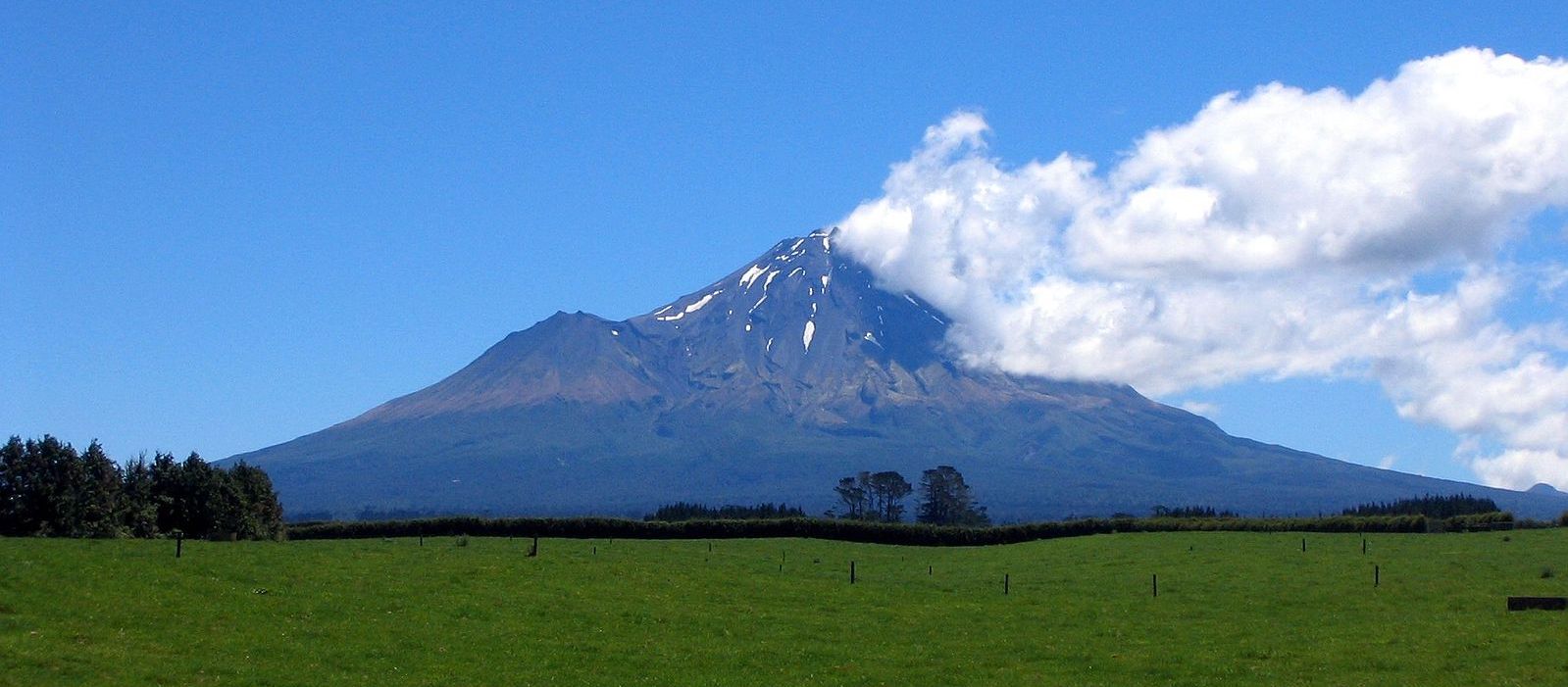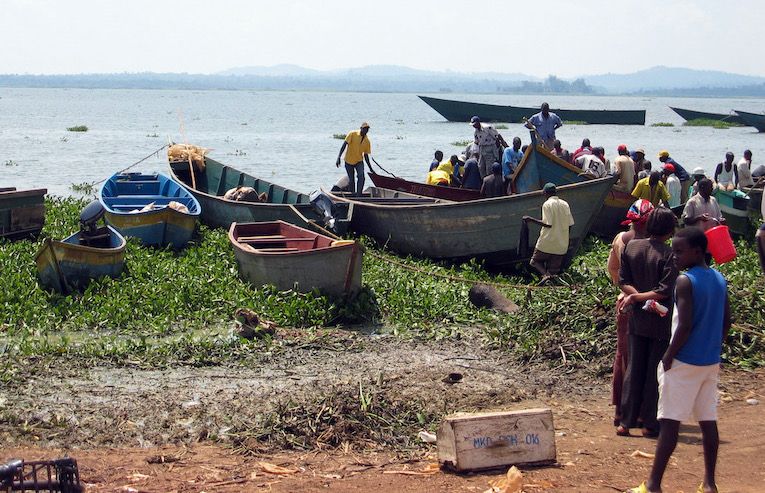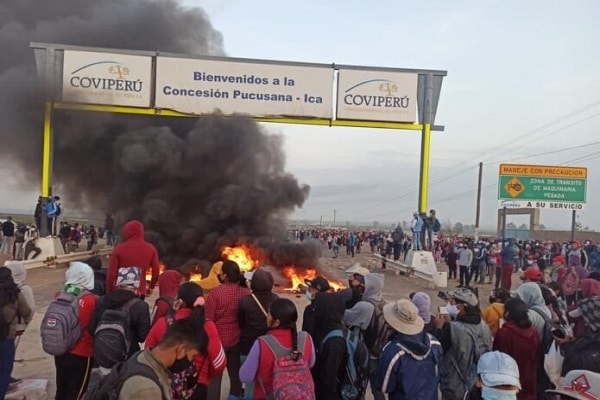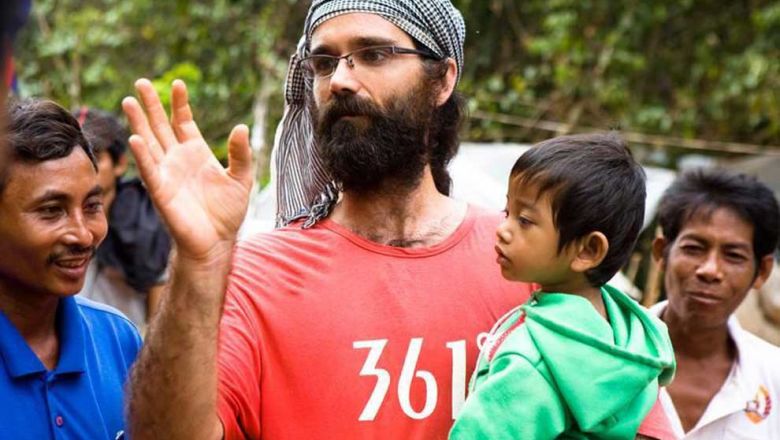
Cambodia: ecologists charged with insulting king
The Phnom Penh Municipal Court in Cambodia charged four environmental activists with conspiracy and insulting the king, a prosecutor confirmed after three activists were arrested for documenting raw sewage discharge into the Tonlé Sap River. Three of the charged conservationists were sent to pre-trial detention, while the fourth, Mother Nature Cambodia co-founder Alex Gonzalez-Davidson, was charged in absentia. The four face a sentence of up to 10 years for the conspiracy charge. The charge for insulting the king carries an additional one to five years. (Photo of Alejandro Gonzalez-Davidson via Phnom Penh Post)



